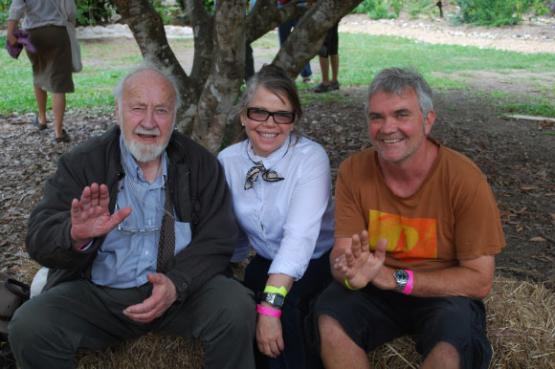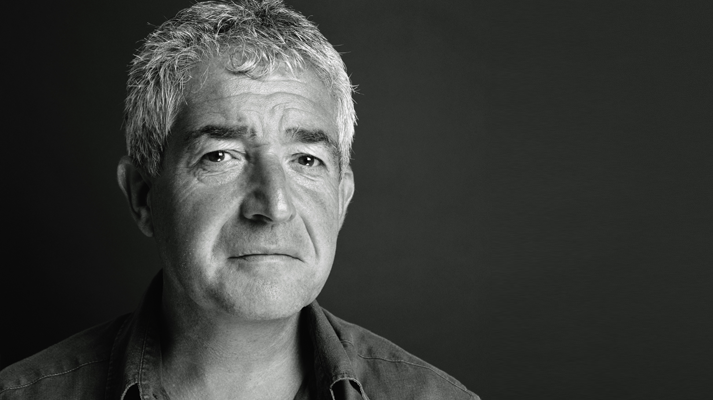
ALIVE! Tony Juniper - What Has Nature Ever Done For Us?
8 min read
Tony Juniper is a campaigner, writer, sustainability adviser and a well-known British environmentalist. He is currently Chair of Natural England and was former Director of Friends of the Earth. Tony is the author of many books, including 'What Has Nature Ever Done For Us?'. Join us for RAW WINE Alive! (5 & 6 December 2021) to hear Tony speak about 'how money really does grow on trees'.
A key theme of Tony's work is around connection - illustrating the incredible synergies of ecosystems around the world and how we endanger these at our peril. The degradation of soil is a fundamental danger to the planet, for example - and a hot topic in the world of wine.
Or take the issue of vultures in India, whose population has been decimated in recent years. These birds clean up the carcasses of dead animals, but the modern use of anti-inflammatory drugs in cattle has proved lethal to the birds. The result? An explosion in the numbers of wild dogs, who then feed on the carcasses and whose bites spread rabies in the local population - killing tens of thousands and costing the Indian economy a figure in excess of $30 billion.
A few interesting facts from Tony's book to get you thinking...
- 2-4 billion - additional people dependent on nature in 2050
- one third - farmed soil degraded since the mid-twentieth century
- 70 billion Euros - annual cost of nitrogen pollution in Europe
- $6.6 trillion - annual global environmental damage caused by human activities
- 5.5 billion - additional tonnes of carbon that could be captured each year with changed soil management
Have a read of his blog "Soil, the indispensable dirt" which he published on his website, buy a copy of his fascinating book, and don't forget to come armed with questions for the live Q&A after his talk. See you at Alive!
We had a chat with Tony in advance of the festival ...
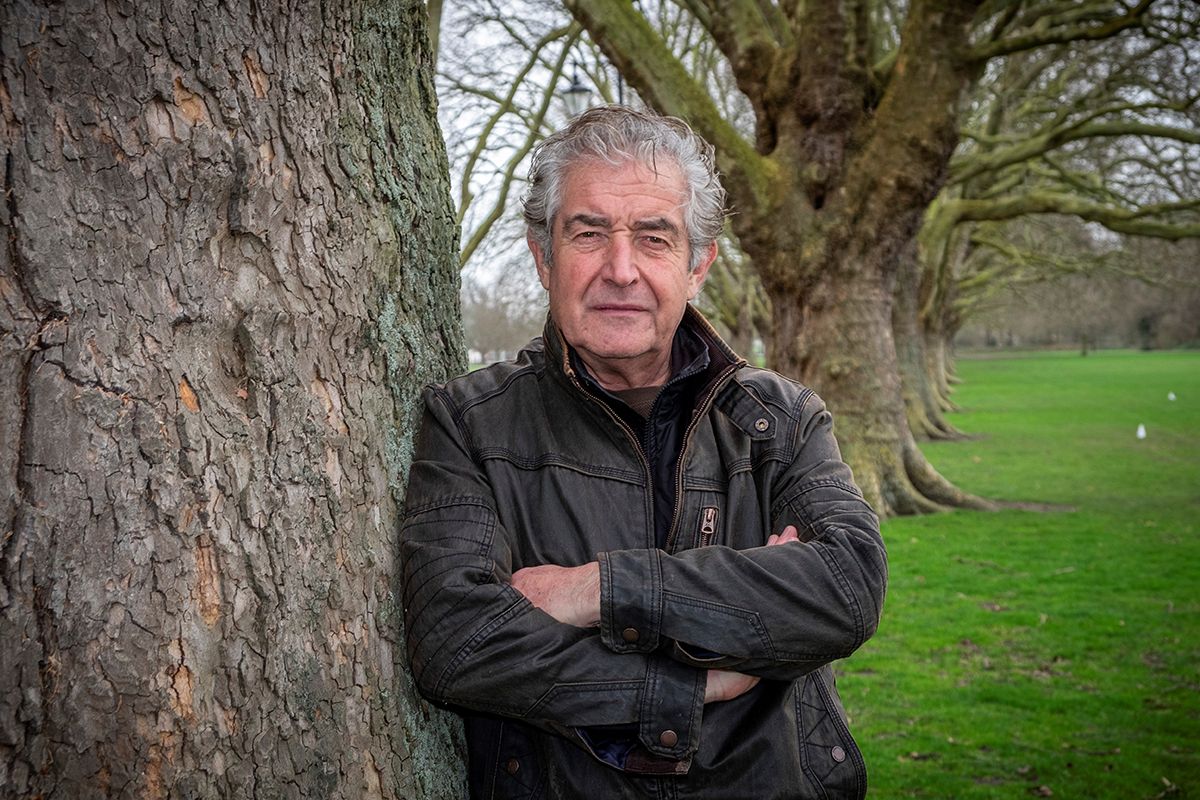
For natural winemakers, a key ethos is to promote soil health and biodiversity. But the quality of soil is in dramatic decline across the planet. Why is this such a vital issue? And what can be done?
"You could describe soil as the foundation system that is running all life on land. There are many thousands of different kinds of soils across the world. But all of them have remarkable characteristics in the sense of their ability to sustain plant life, which of course, in turn, sustains all of the planet’s animal life - certainly all of the animal life on land.
The more we look at soils, and the more we seek to understand them, the more remarkable they turn out to be. A tablespoon full of healthy soil, near to where I'm sitting in Cambridgeshire, would contain upwards of 6 billion individual different organisms, viruses, bacteria, actinobacteria. And those organisms, perhaps 25,000 different species, are acting or acting together in ways that we barely understand - predators and prey, parasites and hosts, and between them decomposing plant material to turn it back into available nutrients to sustain the next round of plant growth.
What we've done over the last 70 odd years, or a bit longer, is to mine out the fertility of soils, mine out the organic matter, including those multitudes of microorganisms. And what we've been doing is replacing the work of those ecosystem actors with chemicals. And those chemicals are being manufactured, for example, in nitrate plants - manufacturing nitrogen compounds for use as fertilizer, a process which uses a large amount of energy and with a very big carbon footprint of its own. And that has enabled us to mask some of the impacts of biological decline through putting in these very large quantities of manufactured nutrients.
This is not only having implications for food supply going forward but also the depletion of that organic matter that flows from rotting plant remains, which is being picked up by those microorganisms. That is a massive carbon store.
What we've progressively done is to damage that organic matter to the point now where it's highly depleted. So this raises all sorts of different questions - not only a link to food supply but also to climate change."
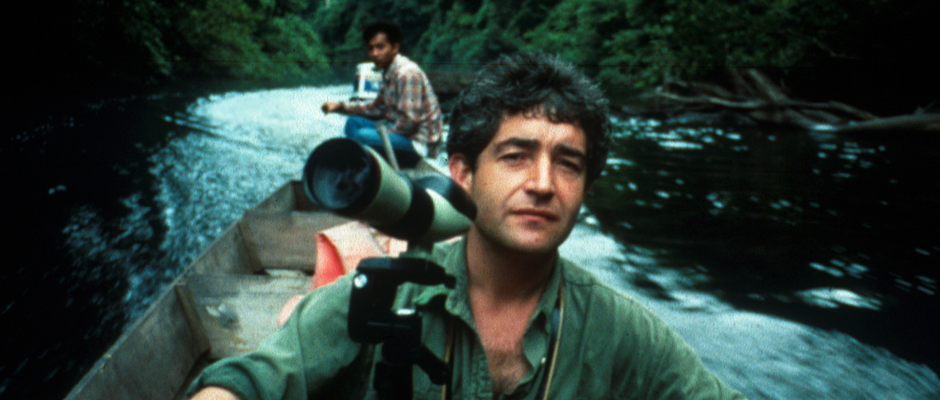
Does it bother you that soil is referred to as 'dirt' in the United States?
"Unfortunately, soil has been presented back as something which is dirty and needs to be washed off or concreted over. Many gardens in England are now having plastic turf instead of actual grass, in order to prevent the 'mud', as it's called, from coming indoors. It's rather symptomatic of our collective understanding of the significance of soil that we try to wash it off rather than focus on how we can improve the health of it as an underpinning phenomenon to sustain everything else, whether it's human life or or any other life."
There has been a shift in some of the language used when discussing these topics. For instance, ‘nature recovery’, ‘nature services', ‘nature capital’. What do they mean. And which is most important?
"There have been some changes in how we talk about our relationship with the natural world in recent years. And some new ideas are beginning to become quite prominent: the idea of natural capital, the idea of ecosystem services, the idea of nature recovery and nature restoration. And this is significant because not so long ago we tended to talk about 'conservation' and conservation used to take us down the road of protecting what we have left, looking after special areas of habitat or remnant populations of wildlife. And that was necessary and has left us more than we would have had without conservation. But we've entered a new phase now where we realize that that simply isn't enough.
We know it's not enough to only protect wildlife for its own sake, but also to protect it to meet human needs. This is where this idea of natural capital comes in. And the extent to which nature can be seen like a series of capital assets, which - if you look after them - deliver a dividend, they bring interest.
The more you deplete your capital assets, your soils, your forests, your rivers, your watersheds, and so on, then the flow of benefits starts to dry up - thereby telling us that conservation is not sufficient. What we need to secure that supply of ongoing benefits is nature recovery. And this is a new framing for the whole discussion. I think it is a positive shift in how we're thinking about these subjects."
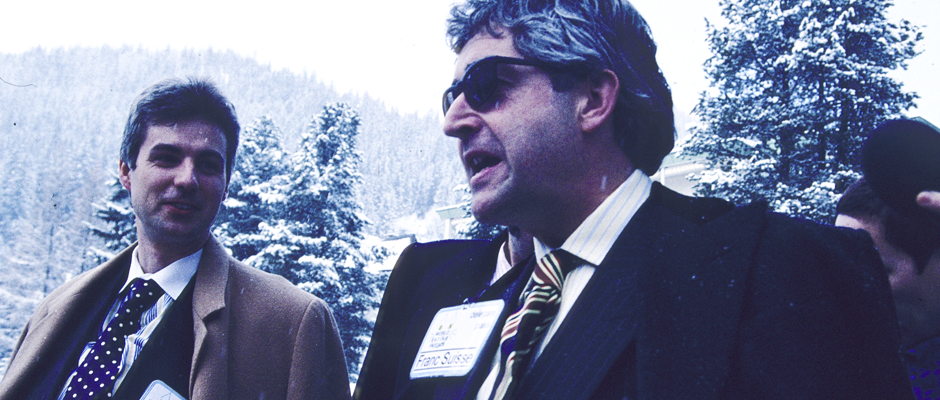
Human society is increasingly distanced and insulated from the natural world. What can we do about this?
"The progressive disconnection of people from the environment, from the ecosystems and the threads of nature that sustain us, is a big part of the problem. If you don't understand what the problem is then doing something about it becomes increasingly difficult.
Until quite recently, most people were instinctively connected to the cycles of nature and understood the dependencies that we all have on a healthy environment. But now we've become predominantly city dwellers. In 2007, for the first time ever, the world passed the point when we had more than half of the global human population living in towns and cities.
Before that, the world was predominantly rural. If you go back a couple of centuries it was only a few percent of us who lived in cities. And before that, of course, we were living from the land and before agriculture we were hunter gatherers.
So for all of human history, until the very last moment that we're living through now, we were connected with nature and its cycles. But now we are living in air conditioned houses, going to gymnasiums and supermarkets with refrigerators and going there in a car. The fundamentals of what sustains civilization is no longer apparent to us.
So what can we do about that? Well, one thing that is increasingly a theme amongst those who are looking to rebuild that relationship between people and nature is this idea of reconnection - finding ways of reconnecting people with nature.
There are all sorts of layers to that. One would be school and the extent to which children are being taken outside by people who have some understanding of the natural world. And having that explained to them, in real time, as it were - not from a book or from television, but through personal experience.
Another way of reconnecting is through bringing nature into our cities in a much more meaningful way. Through this COVID pandemic, I think a lot of people have realized the huge benefits we get for our psychological and physical well being from access to healthy and beautiful natural environments. That helps to reinforce the value of nature beyond something we see on TV screens often depicting distant exotic places. In fact, nature is here with us every day, day in day out, and the more we can bring that into the cities, the better.
So there are things that can be done but it requires a conscious effort amongst those who are planning the fabric of towns and cities and the future of them as they bring on new housing developments and, of course, those who are looking at the future of the education system. And actually, those of us who've got children or grandchildren, what about taking them to natural places rather than to the shops or to some kind of amusement attraction? There is a vast amount out there that is readily available to all of us if only we go and use it. And I think most people can do more of that too."
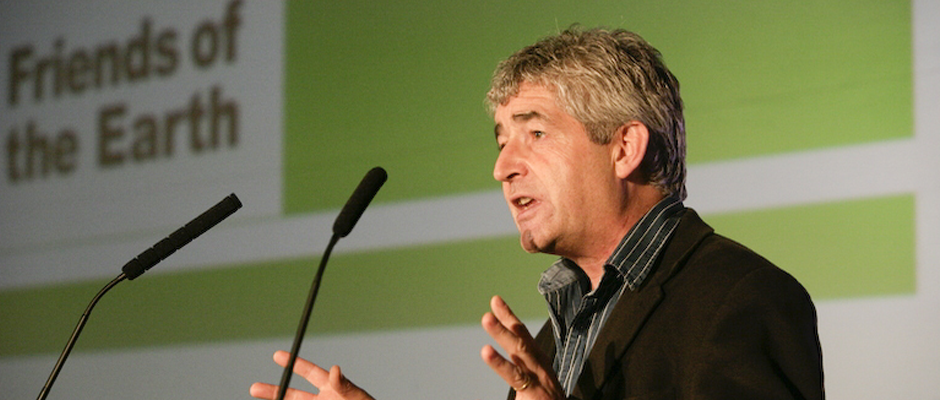
Join us for RAW WINE Alive! (5 & 6 December 2021) to hear Tony speak about 'how money really does grow on trees'.
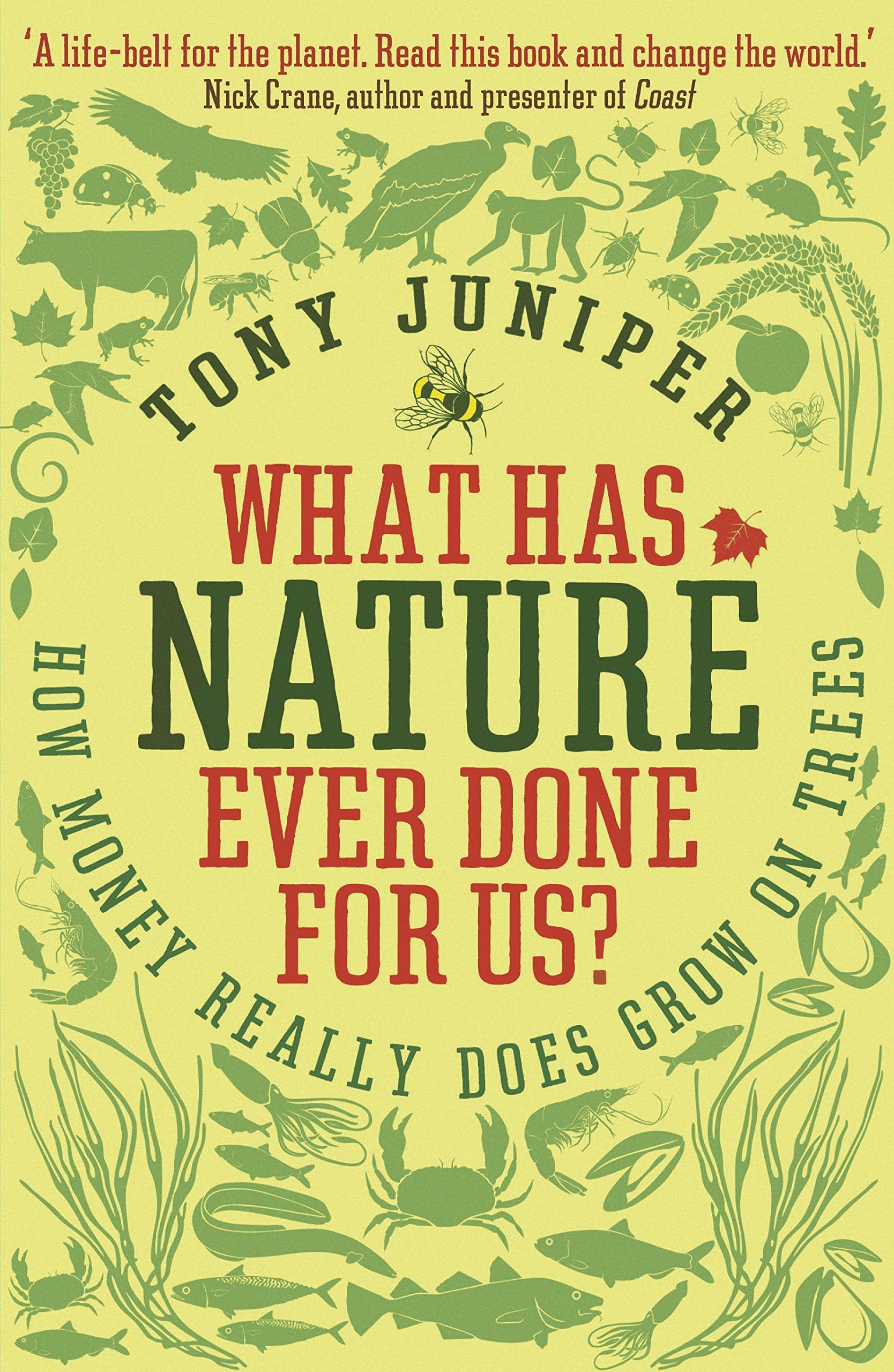
"[T]his book hits the nail firmly on the head when it explores how our economic system is so disastrously misaligned with the realities that enable it to exist in the first place" (HRH The Prince of Wales)."

